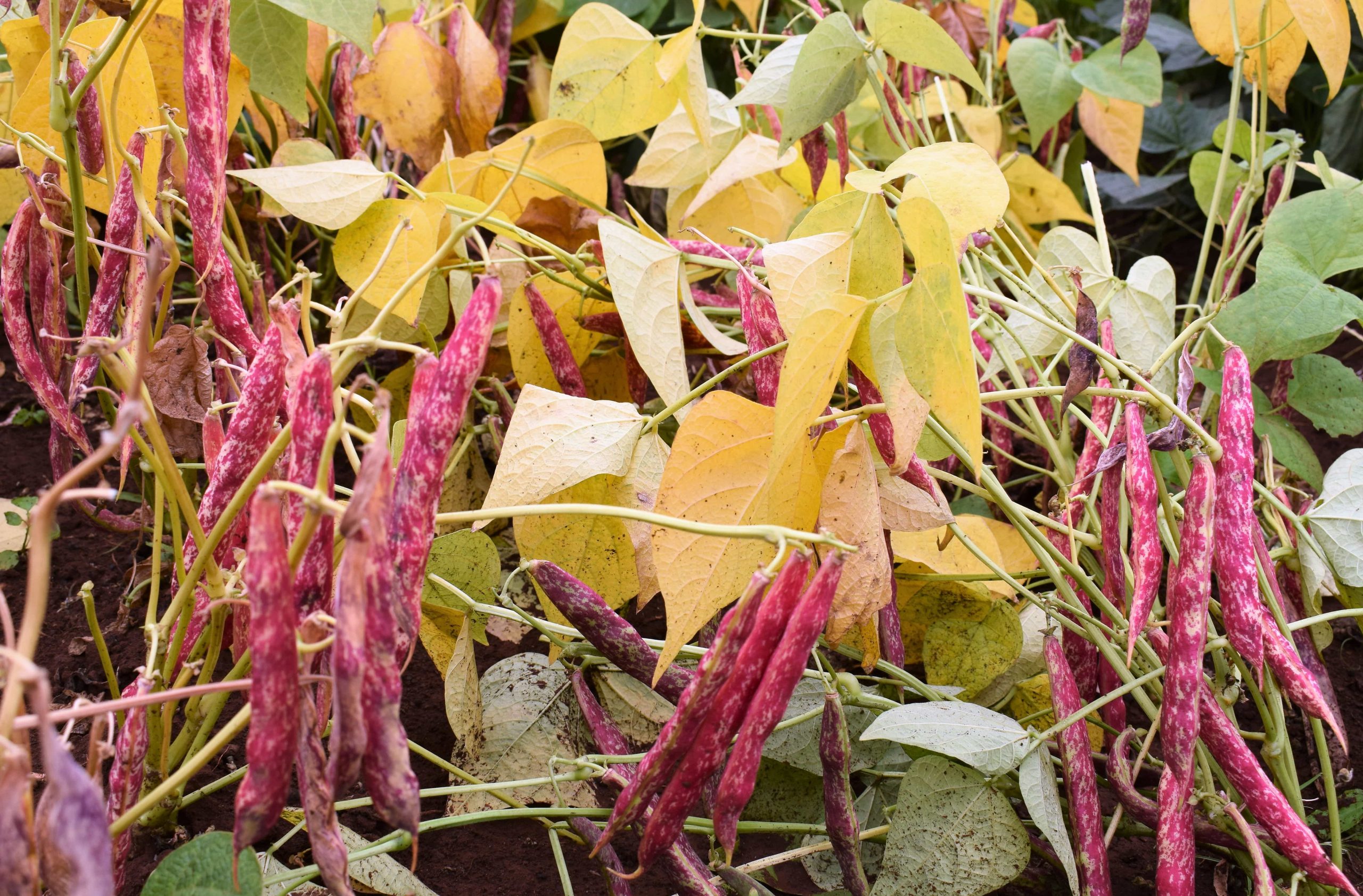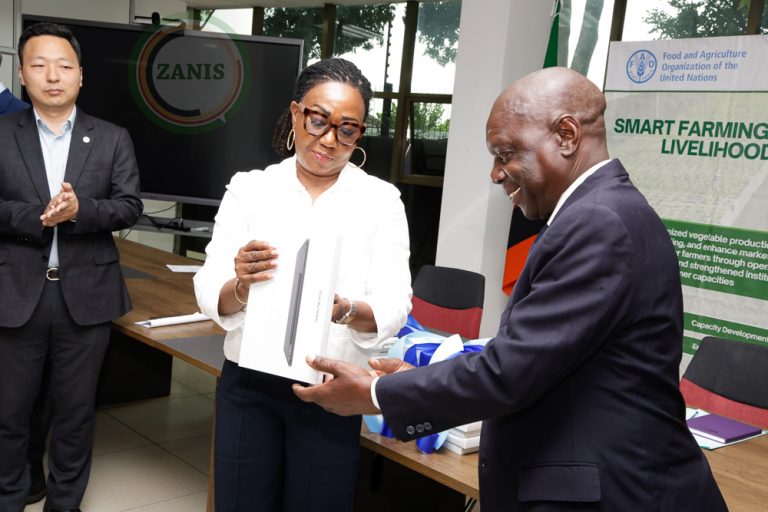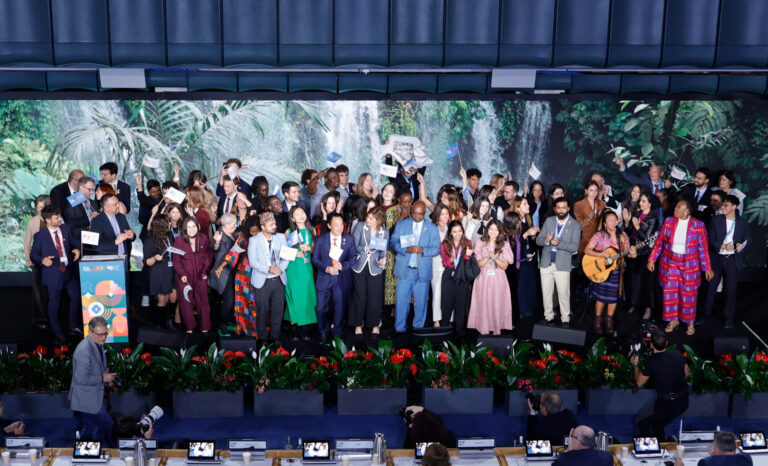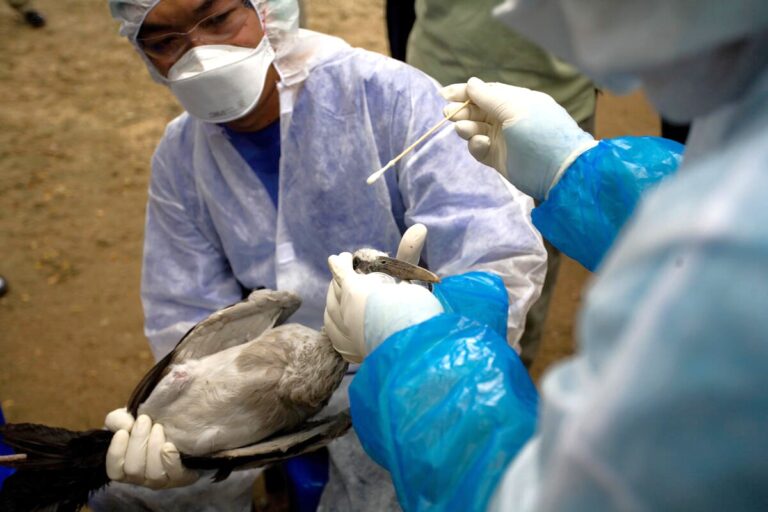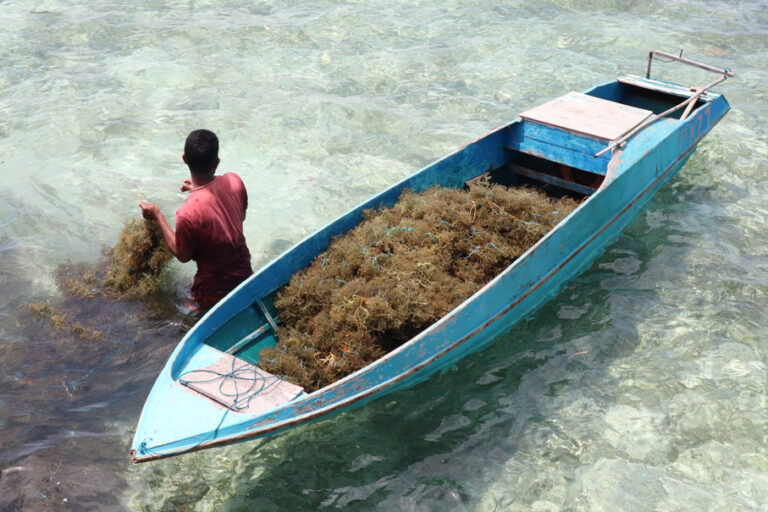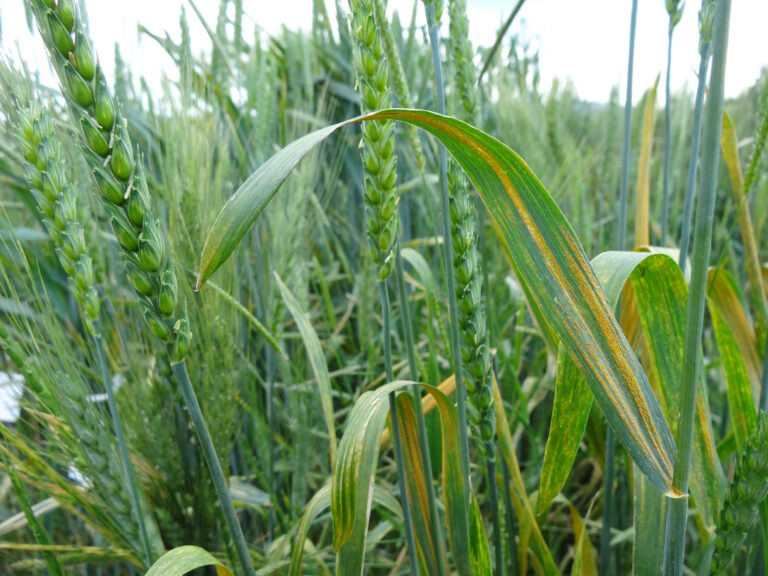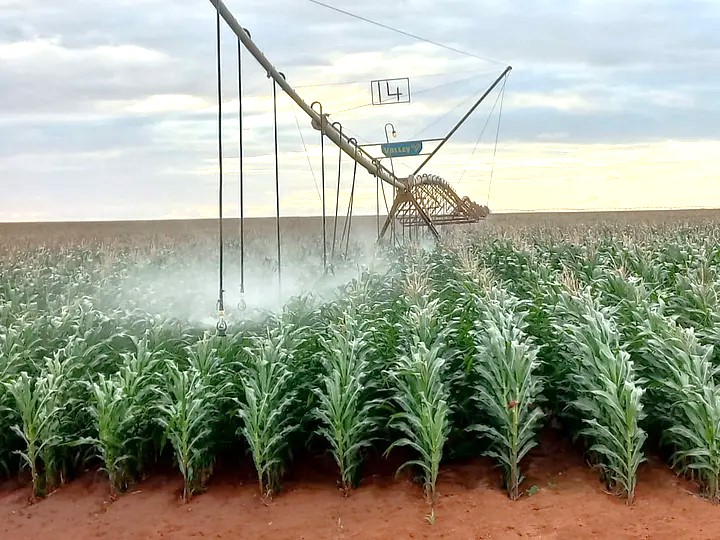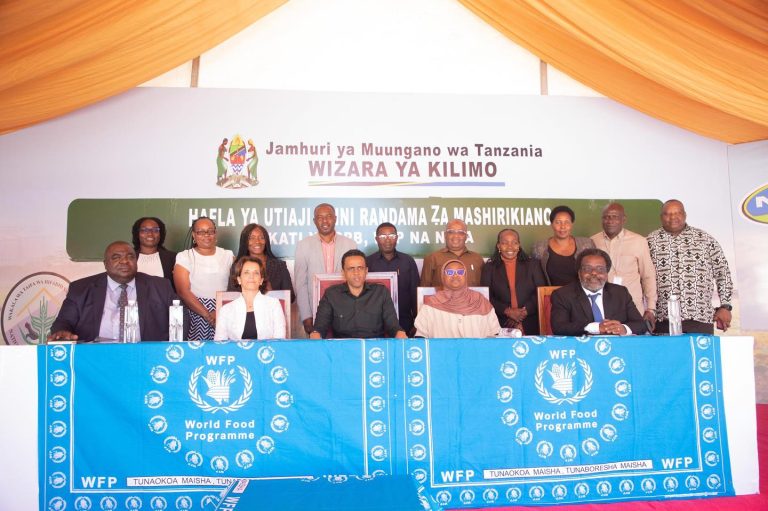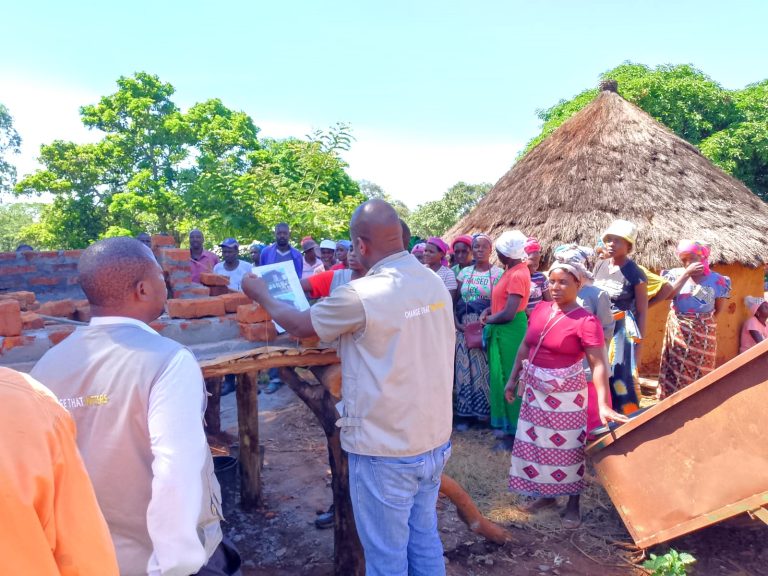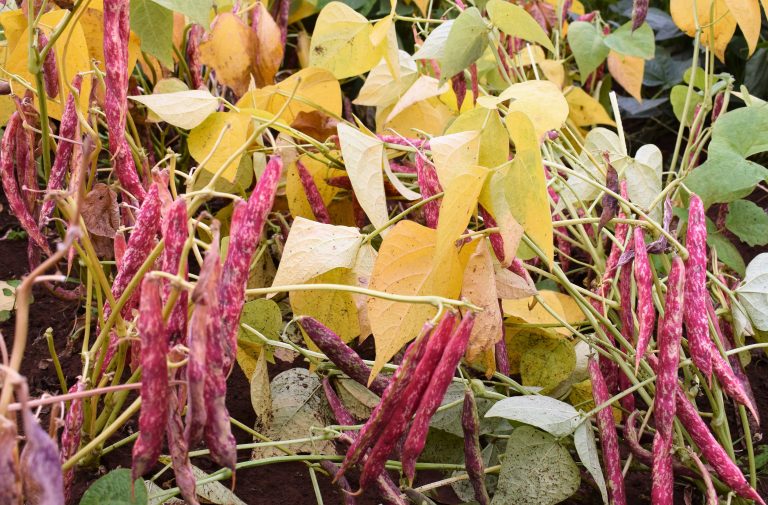By Kimuri Mwangi
Cigarette manufacturing companies have been known to put up a fight whenever they feel that their interests are threatened. They have also been accused of using a lot of resources to fight laws that would affect their business with allegations that they bribe Members of Parliament not to pass them. It has therefore not been easy to convince people to stop smoking by citing the health risks associated with smoking.
But this might change if a new strategy that has been hatched to check on smoking succeeds. This is a project aimed at persuading farmers to break free from tobacco farming and transition to producing more sustainable crops, through the Tobacco-Free Farms Project. Tobacco-Free Farms project is a joint initiative of the World Health Organization (WHO), the World Food Programme, and the Food and Agriculture Organization of the United Nations (FAO), in collaboration with the Government of Kenya. What this means is that if more farmers abandon tobacco farming, the cigarette manufacturing companies will face a shortage of raw materials and eventually their production will be affected.
Kenya is the first country selected to roll out this project as a key player in the fight against the tobacco epidemic. “Over the last few months, we have seen hundreds of long-time tobacco farmers switch to alternative crops, participate in training, and plant high-iron beans in fields where tobacco once grew. The project has seen farmers’ health improve, increased school attendance from children previously working on the farms, and better crops for the environment replacing tobacco,” says FAO
The Tobacco-Free Farms Project was launched in Migori County. In the county, farmers have planted high-iron beans as an alternative crop, with UN agencies and the government providing training, quality inputs such as seeds and fertilizers, and a ready market for the harvest, through the World Food Programme’s (WFP) local procurement initiatives. “This support enables the farmers to stop tobacco-growing contractual agreements and switch to alternative food crops that will help feed communities instead of harming their health, with confidence that a long-term market exists,” adds FAO.
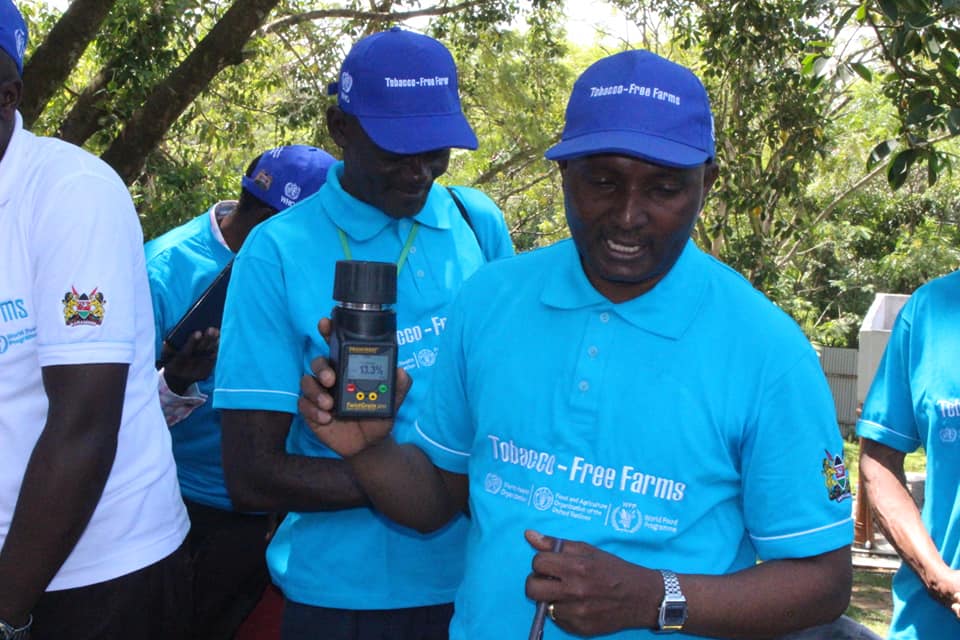
Farmer groups that participated in the project sold 135 metric tons of beans to the World Food Programme, delivering them significantly more income compared to tobacco farming.
“WFP, and the Farm to Market Alliance, work to raise smallholder farmers’ income and improve their livelihoods by building sustainable food systems that advance food security for all.” Says Mr Simon Cammelbeeck, the Managing Director of the FtMA. “WFP has provided a ready market for high iron beans, promoted good agricultural practices, nutrition sensitization, and post-harvest loss training. FtMA’s demand aggregation model has helped farmers benefit from economies of scale in input and output sales,” he adds.
Tobacco as a cash crop contributes less than 1% of Kenya’s GDP. According to the project’s implementers, its farmers and their families are exposed to serious health risks through nicotine absorbed through the skin when handling wet tobacco leaves, exposure to heavy use of pesticides, and to tobacco dust. Tobacco growing is also associated with increased gender inequality, deforestation, soil degradation, and contamination of water supplies.
The Ministry of Health (MoH) says it is delighted to see farmers move away from what is a health hazard for them and their families and towards more eco-friendly farming practices. In addition to maintaining livelihoods, the MoH says the project is expected to improve the health of farmers in Migori and their families and reduce their medical expenses.
Health Cabinet Secretary Mutahi Kagwe says the government and his Ministry, in particular, are supportive of such projects that put the health of Kenyans first. The CS says that the government was working towards attaining Universal Health Coverage for all Kenyans and any projects that would reduce or alleviate medical expenses for Kenyans are most welcome.
“The project in Migori for the tobacco farmers is a major shift towards attaining a healthy nation and the Ministry of Health full supports such ventures,” added CS Kagwe.
The Ministry of Agriculture (MoA) echoes these sentiments, with Agriculture Cabinet Secretary Peter Munya saying each partner in the project from the farmer to the County Government of Migori and the National Government (MoH & MoA) plays a crucial role in promoting food and nutrition security, enhancing farmer incomes, conserving the environment and ultimately reducing poverty.
More than 6,000 Kenyans die of tobacco-related diseases every year (79 men and 37 women die per week). An estimated 220,000 children and 2,737,000 adults use tobacco each day in the country. Tobacco kills more than 8 million people around the world every year. Over one million of those deaths are attributed to exposure to second-hand smoke.
“Tobacco growing farmers must be given the necessary support to switch to alternative crops that have the potential to improve their health and livelihoods as well as reduce the supply of tobacco,” says Dr. Juliet Nabyonga, the Acting WHO Representative to Kenya. “It’s projects like this that move the needle in the fight against the global tobacco epidemic.”
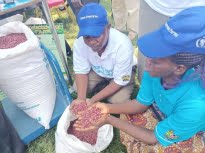
Kenya was one of the first countries to ratify the legally binding WHO Framework Convention on Tobacco Control (WHO FCTC) in 2004 and has been a key player in implementing effective tobacco control measures. The Convention and the Kenya Tobacco Control Act promote economically viable alternatives to tobacco production as a way of preventing possible adverse social and economic impacts on populations whose livelihoods depend on tobacco production.
“I appreciate all the partners in the Tobacco-Free Farms project for choosing Kenya and more specifically Migori county to pilot this important global initiative aimed at curtailing the adverse health, environmental and economic effects of tobacco growing & utilization,” said Governor Zachariah Okoth Obado during the launch. “In support of the same, my government will continue to accord you all the necessary support within our reach to ensure that this noble project succeeds.”


